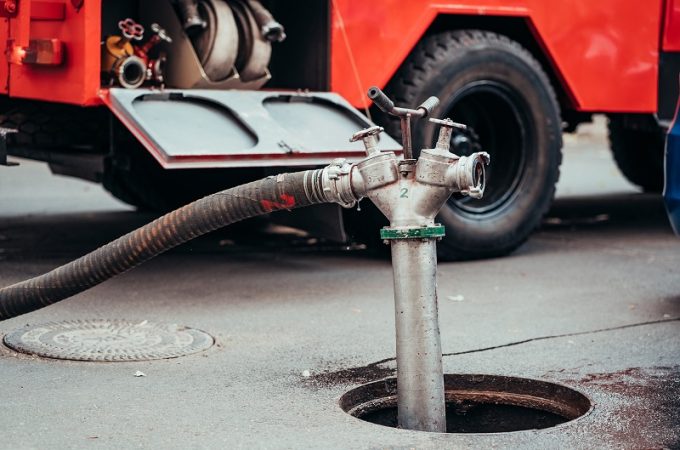
Understanding the Basics of Hot Water Service Systems
Hot water service systems are an indispensable part of contemporary Australian homes. From ensuring morning showers are warm and invigorating to ensuring dishwashers and washing machines function optimally – these systems play a pivotal role in maintaining the comfort and convenience of our everyday lives.
This guide has been crafted with a sole aim: to aid Australians in understanding the various facets of hot water service systems. Recognising the importance of these systems, this guide endeavours to educate about their basic working, types, energy sources, installation and maintenance, among other things. Through this knowledge, it aims to help individuals make informed choices about the most suitable hot water system for their homes.
The Essence of a Hot Water System
At a basic level, a hot water system is an appliance that heats and then distributes hot water to various outlets in a household. The system typically comprises a heating unit and a storage tank, but the specifics can vary based on the type of system.
A hot water system, beyond doubt, is the backbone of any modern home. Not only does it cater to our daily comfort – think warm showers on cold winter mornings – but it is also pivotal to the functioning of many household appliances.
The workings of a hot water system might seem complex, but in essence, it is straightforward. The system takes in water from the supply line, heats it using its heating unit (powered by gas, electricity, solar energy, etc.), and stores it in the tank (if there is one) till it is needed. Upon demand, the system delivers the hot water to the appropriate outlet.
Understanding the Types of Hot Water Systems
An array of hot water systems suits various preferences, lifestyles and budgetary considerations in Australia. Let us delve into the basics of these systems.
The storage water heaters work on a simple principle – heat water and store it till needed. They come with a sizable tank with insulation to minimize heat loss. The system heats the water to a preset temperature, and if it cools below that, the heating resumes.
In contrast, continuous flow or instantaneous water heaters solely heat water when it’s needed. This eliminates the need for a storage tank, saving on space and reducing heat loss.
Speaking of efficiency, heat pump water heaters deserve special mention. These systems leverage the heat from the air or ground around them to heat the water, ensuring high levels of energy efficiency.

Considering an eco-friendly option? Solar water heaters might be your best bet. A typical solar water heater system constitutes solar collectors (for soaking up solar energy) and a storage tank.
While evaluating these systems, consider factors such as efficiency, initial cost, lifetime costs, convenience, and environmental impact among others.
Key Considerations When Choosing a Hot Water System
Before you set out to purchase a hot water system, here are a few considerations to keep in mind.
Firstly, understand your household’s hot water usage – consider the number of members, appliances requiring hot water, and peak usage times.
Your location or climate plays a key role too. For instance, solar water heaters perform optimally in sunny climates while heat pump systems work best in temperate climates.
Your budget is, of course, a large determining factor – consider both purchase and operating costs. Lastly, think about the environment – energy-efficient systems can reduce your carbon footprint and often bring about palpable energy savings.
Installation and Maintenance: Ensuring a Long-Lasting System
Proper installation forms the cornerstone of the efficient functioning of a hot water system. Though the specifics vary based on the type of system, professional installation is paramount.
Someone professionally trained will ensure optimal setup that complies with all necessary codes and regulations while ensuring maximum efficiency of the system.
Maintenance too, forms an important part of system longevity and functioning. Regular servicing – once every 1-2 years – will ensure any issues are promptly addressed, and the system runs optimally.
Troubleshooting: Frequently Encountered Problems
A failing hot water system can cause significant discomfort. Being aware of common problems and how to troubleshoot them can save the day.
Common problems include inadequate hot water, haphazard temperature changes, discolouration or odour in the water, unusual noise from the heater, and leaks.
Some issues, like minor leaks or temperature adjustments, may be resolved at home. More serious issues, like discolouration in the water or constant noise from the heater, should warrant a call to a professional for safe and proper repair.
Conclusion
In conclusion, selecting a suitable hot water system should be a deliberated decision. Consider your specific requirements, budget, the climate you live in, and a host of other factors. Remember, while the initial investment might seem significant, the right hot water system will repay you in comfort and efficient service for years.





